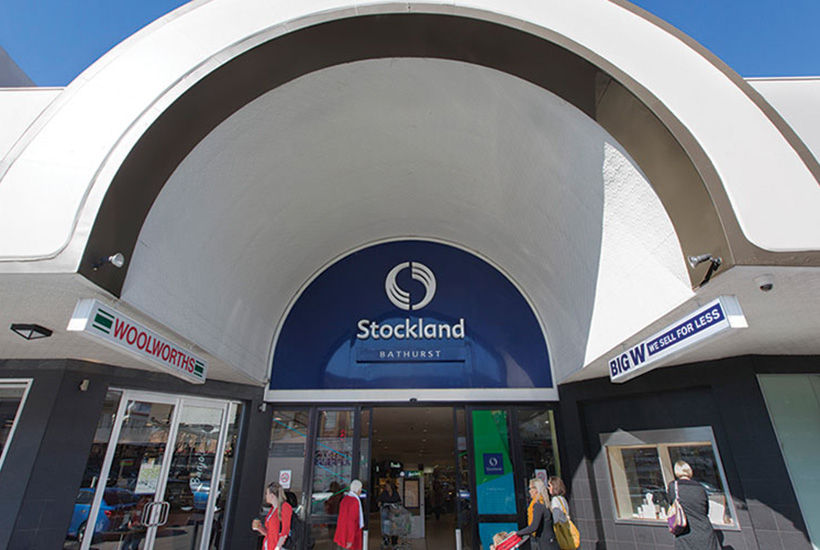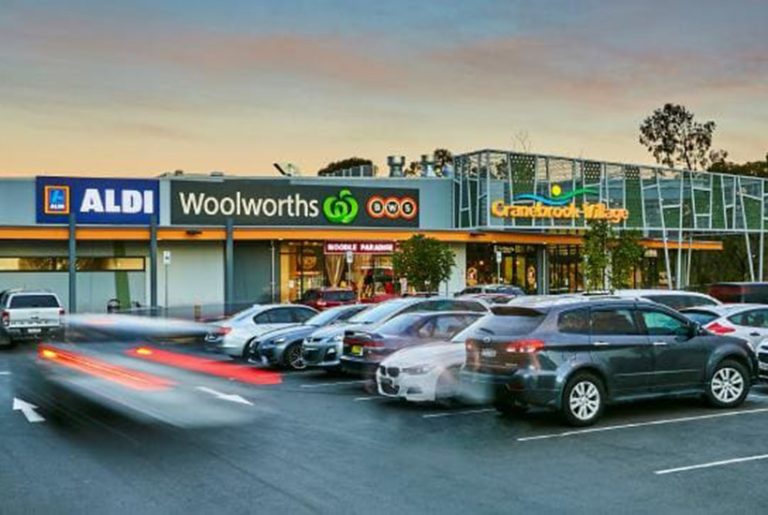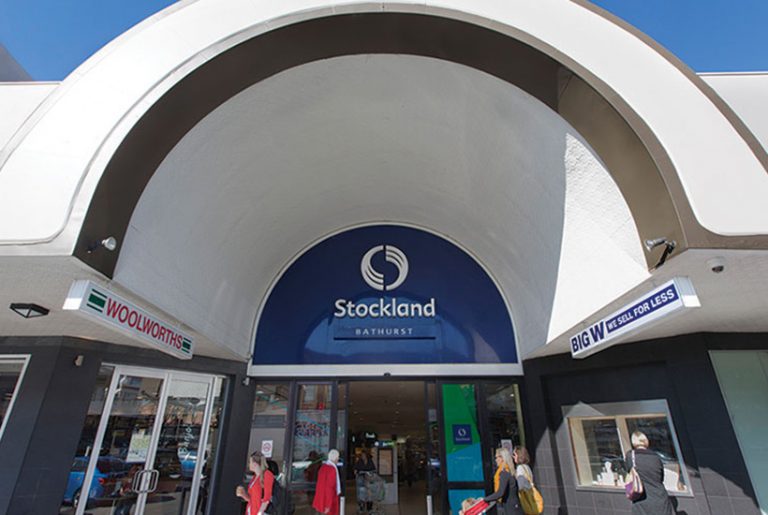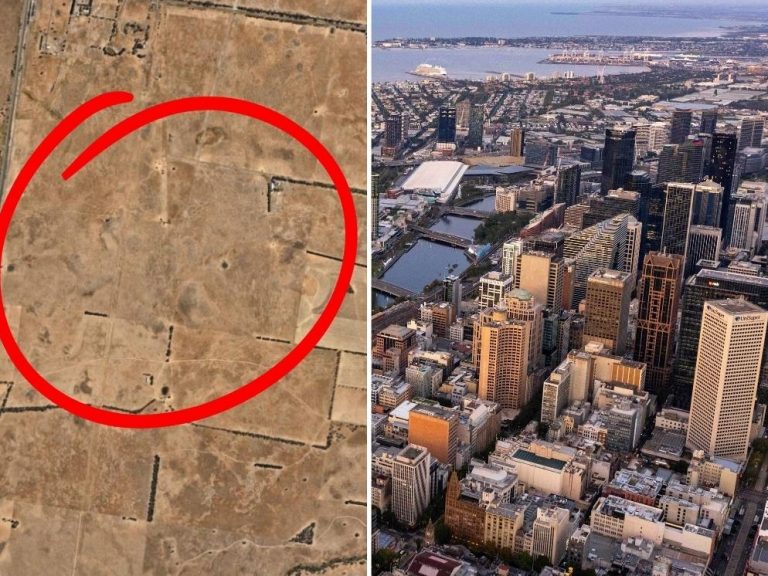Retail climate bites as landlords sell shopping centres

Tough retail conditions are spilling over into the portfolios of major landlords with listed companies selling a series of centres at discounts to their book values, according to a new analysis by Macquarie Equities.
The market is being reset as landlords offload unwanted centres, with Stockland last month selling a centre in the regional NSW town of Bathurst and another on the Sunshine Coast at a 5% discount to their previous values.
The sales were considered by experts to be in line with their market worth and other similar assets that real estate investment trusts have long tried to unload.
Commercial Insights: Subscribe to receive the latest news and updates
Stockland and GPT have both tried to sell larger assets this year but have subsequently pulled them from the market. US private equity group Blackstone also pulled a $3 billion portfolio last year before starting to sell off parts of it this year.
Macquarie Equities estimated that more than $1bn of neighbourhood and subregional shopping centres had sold in the past three months and they showed a 3 per cent discount to their book values.
The broker nominated Woolworths and Coles-focused landlord SCA Property Group as the most expensive listed retail trust, saying it was at a 20% premium to its net tangible asset backing, well ahead of the retail sector average of a 5% discount.
Subregional centres are selling at a greater discount to book value than earlier in the property cycle.
Since October, Charter Hall Retail REIT and Vicinity Centres have also sold neighbourhood or subregional assets at discounts to book.
Subregional assets had traded at about a 5% discount to June 2018 book values but some market observers were not concerned.

Stockland is selling assets at a discount to book value but analysts reckon the market will not be overly fussed by the move.
Shaw and Partners analysts say that they “do not think the market will be too fussed that these (Stockland) assets were sold at a discount to book value”.
“The fact that Stockland was trading at a 15 per cent discount to NTA at the time these asset sales were announced suggests the market had already priced in expectations of lower asset values across its broader portfolio,” they add.
Macquarie Equities says smaller, convenience-based neighbourhood assets have traded at a slim 2% discount to book values.
There is relatively strong demand for neighbourhood centres in auction rooms with many selling on yields at below 5% as they are viewed as relatively protected from the impact of e-commerce.
Slightly larger centres that have discount department store or department store anchors are mainly being bought as value-add or repositioning plays by groups with higher return hurdles that are demanding lower purchase prices.
Macquarie Equities believes that lower values have taken hold. “While it could be argued these assets are non-core for the REITs, we believe the trend is showing an indication of a moderation in book values,” the analyst says.
Retail trusts, including big players Stockland and GPT, are already trading at a 5% discount to net tangible assets and others that hold only retail, like the Scentre Group, are trading closer to 9%.
This article originally appeared on www.theaustralian.com.au/property.







